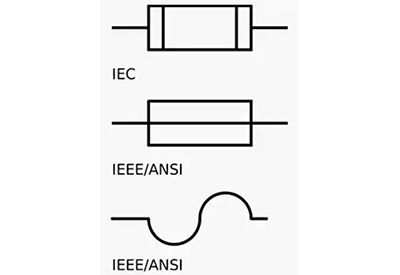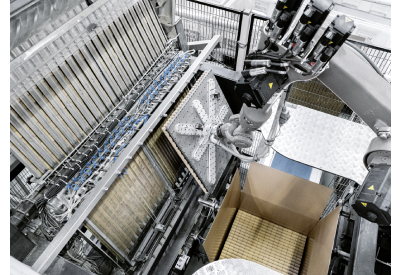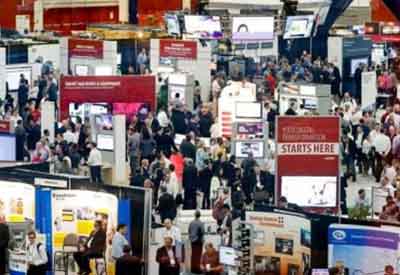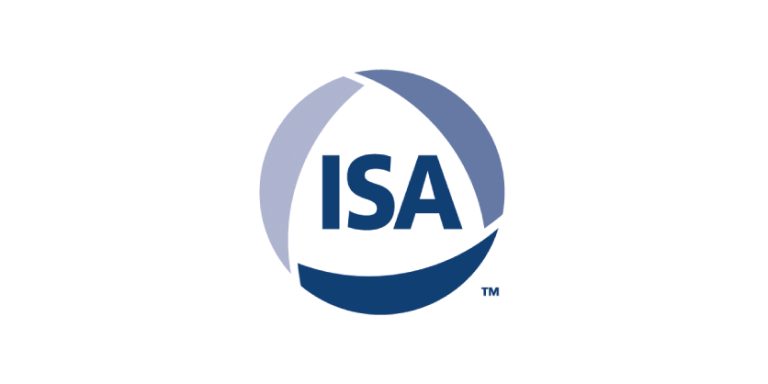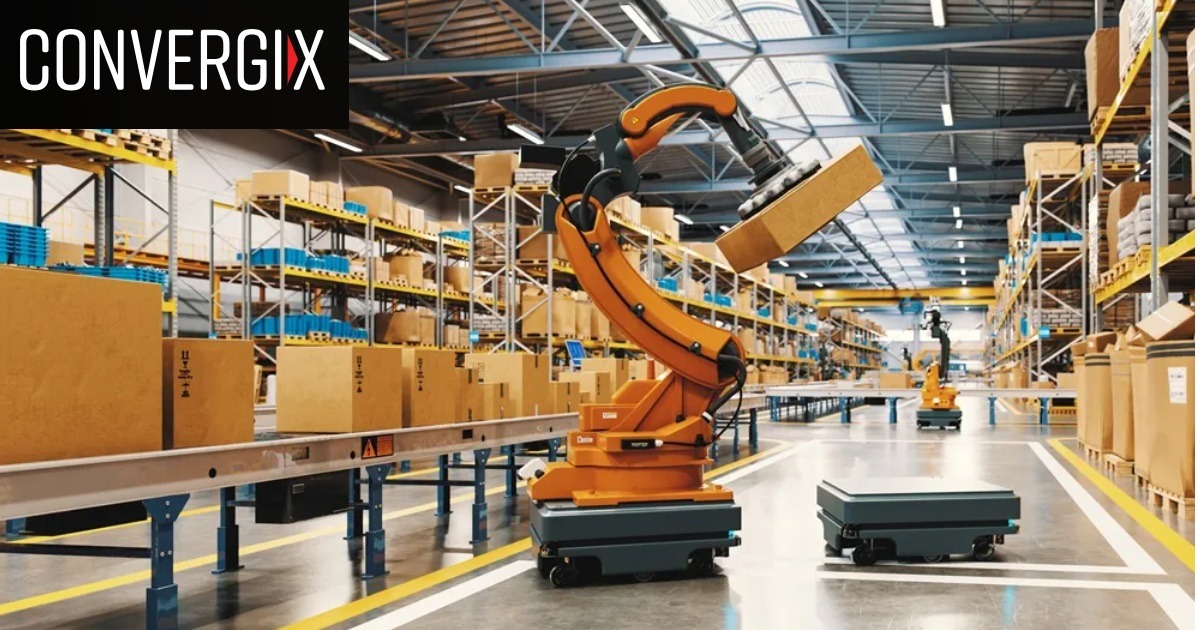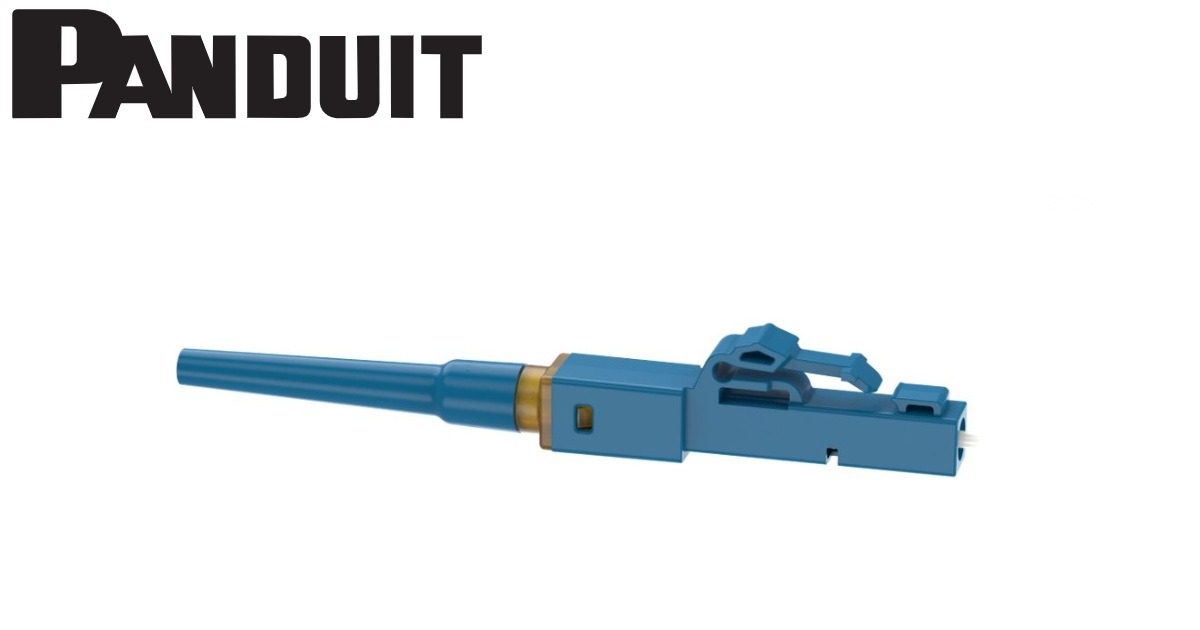Universal Robots Reaches Industry Milestone with 50,000 Collaborative Robots Sold
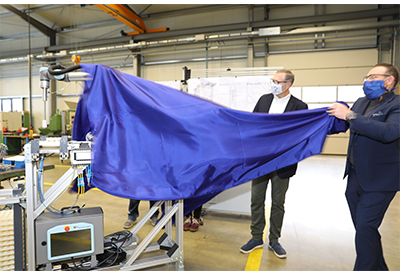
December 15, 2020
Collaborative robots – or cobots – remain the fastest growing segment of industrial automation, projected to grow at a Compound Annual Growth Rate (CAGR) of 30.37% during 2020–2025. Cobot market pioneer Universal Robots (UR) solidified its frontrunner position today by selling the 50,000th UR cobot, which was purchased by a German manufacturer to enable higher productivity and better employee safety.
The 50,000th cobot came in a special delivery as Jürgen von Hollen, president of Universal Robots, personally handed over the cobot to VEMA technische Kunststoffteile GmbH and VEMA Werkzeug- und Formenbau GmbH located in Krauchenwies-Göggingen, Germany, at a ceremony held at VEMA.
“We have worked very hard in the past 15 years to develop an entirely new market segment with a mission to enable especially small- and medium sized companies to automate tasks they thought were too costly or complex,“ says von Hollen, emphasizing how UR has created a new global distribution network, a new ecosystem of developers, and ultimately a completely new business model. “As a pioneer in this market, we put a lot of work into creating awareness, influencing standards, and changing customers’ perceptions influenced by their experience of traditional robots.”
Von Hollen noted that VEMA GmbH is a great example of UR’s mission realized: ”VEMA was looking for a cost-effective, flexible, easy-to-use automation solution they could implement, program and manage on their own. They found exactly that in the UR cobot.“
Cobots enhance both productivity and quality
VEMA’s new collaborative robot will join a fleet of three other UR cobots already deployed in pick and place tasks in end-of-line applications at the company.
Christian Veser, managing director at VEMA GmbH, is thrilled to be the recipient of the milestone cobot and explains how the cobots have enabled the company to add a third shift, now operating around the clock. “We have enhanced our productivity remarkably and also achieved better quality,” he says. “Our employees are freed from ergonomically straining work to focus on quality testing. In navigating Covid-19 challenges, it has also been a great advantage that the cobots don’t need to keep a safety distance or undergo quarantine. They can always work,” says Veser, adding that his company appreciates the cobots so much that they gave them names.
“The first three cobots are named Elfriede, Günther and Bruno. We will name our new cobot Jürgen to honor the fact that UR’s president came here in person to deliver it.”
Jürgen von Hollen will be leaving UR at the end of the year after a four-year tenure at the helm of UR. “It is such a privilege to end my time at the company by marking this milestone,” he says. “We have come far, but there is still an immense potential in the market both for well-known and completey new cobot applications. With our unrivaled installed base, we are constantly learning from our customers, leveraging a very data-driven approach in the development of our cobots. This is an approach I believe will help keep us leading the field in the years to come.“
Gregory Smith, president of Teradyne’s Industrial Automation Group, will step in to fill the role of UR president on January 1, 2021 until a new leader is named. “I thank Jürgen for his leadership over the past four years in growing Universal Robots from start-up status into the undisputed global leader in industrial collaborative robots,” says Mark Jagiela, president and CEO of UR’s parent company Teradyne. “He leaves behind a strong platform for the next level of growth with a talented workforce, an engaged ecosystem of distribution and technology partners as well as an expansive worldwide customer base.”
For more information, visit www.universal-robots.com.

